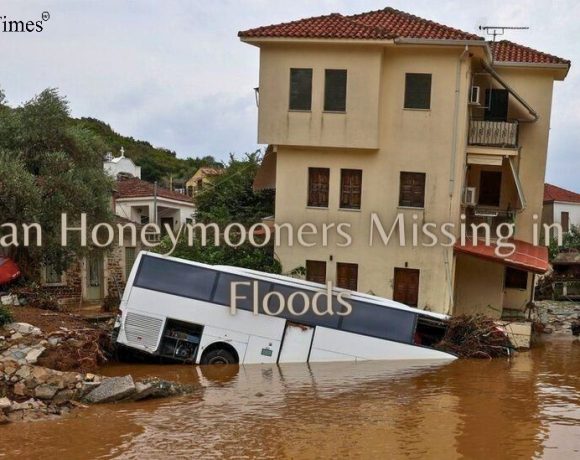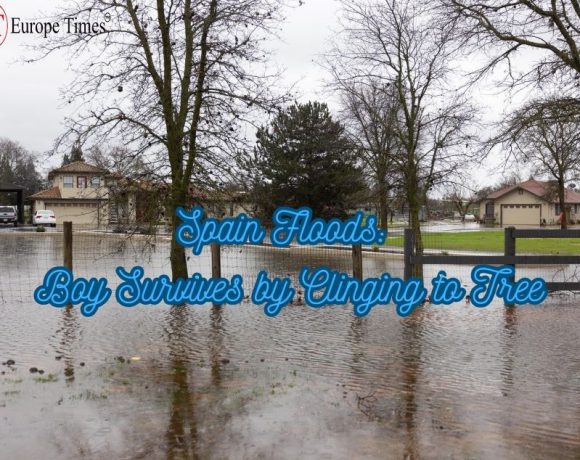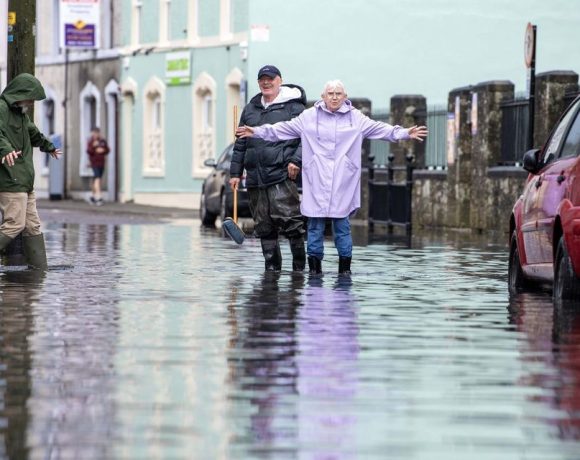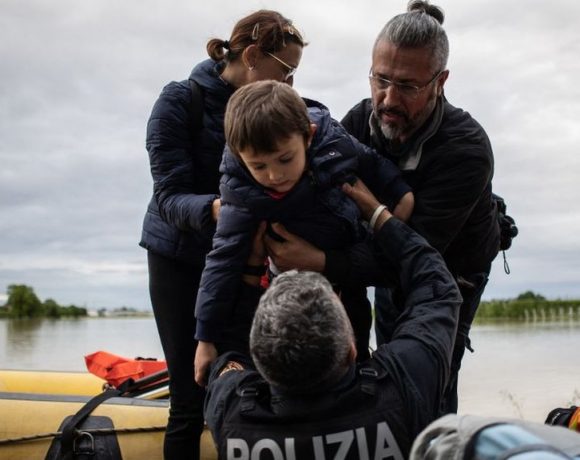
New data strongly suggests that 2023 will undoubtedly be the warmest year on record, marked by deadly heatwaves, floods, and fires. The EU’s climate change service reports that global average air temperatures in October 2023 were 0.4C higher than the previous record set in 2019, making it the fifth consecutive month of record warmth. Researchers predict that extreme global temperatures will persist into 2024.
This year has already seen numerous records shattered, with July potentially being the hottest month in 120,000 years and September surpassing the previous record by an astonishing 0.5C. Although October wasn’t as scorching as September, it still set a new record for the month by a significant margin of 1.7C compared to the pre-industrial average.
Multiple scientific organizations, including Copernicus, NOAA, and Berkeley Earth, assert that there is a more than 99% probability that 2023 will go down as the warmest year on record. Climate scientist Zeke Hausfather from Berkeley Earth emphasizes the persistent trend of record-setting months, indicating no sign of reversal.
While the scientific implications of these unprecedented temperatures are alarming, the real-world consequences are even more concerning. Dr. Friederike Otto from Imperial College London highlights the human suffering, including thousands of deaths, displacement, and livelihood losses, caused by extreme heatwaves and droughts exacerbated by these extraordinary temperatures.
The primary driver of this heatwave is the continuous release of carbon dioxide from burning fossil fuels. This year’s rise in temperatures is further compounded by the emergence of an intense El Niño event, causing warm waters to surface in the eastern Pacific Ocean and release additional heat into the atmosphere. Researchers are still uncertain about the nature of this particular El Niño event, as it appears to deviate from previous occurrences and may be contributing to greater ocean surface heating compared to past El Niño events.
Picture Courtesy: Google/images are subject to copyright




